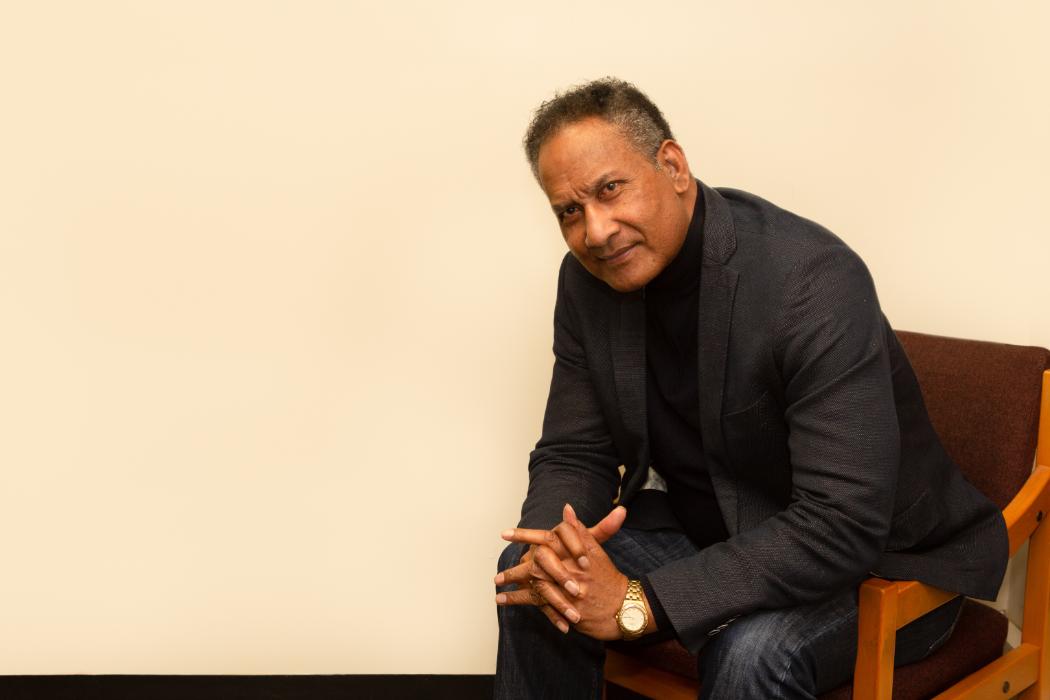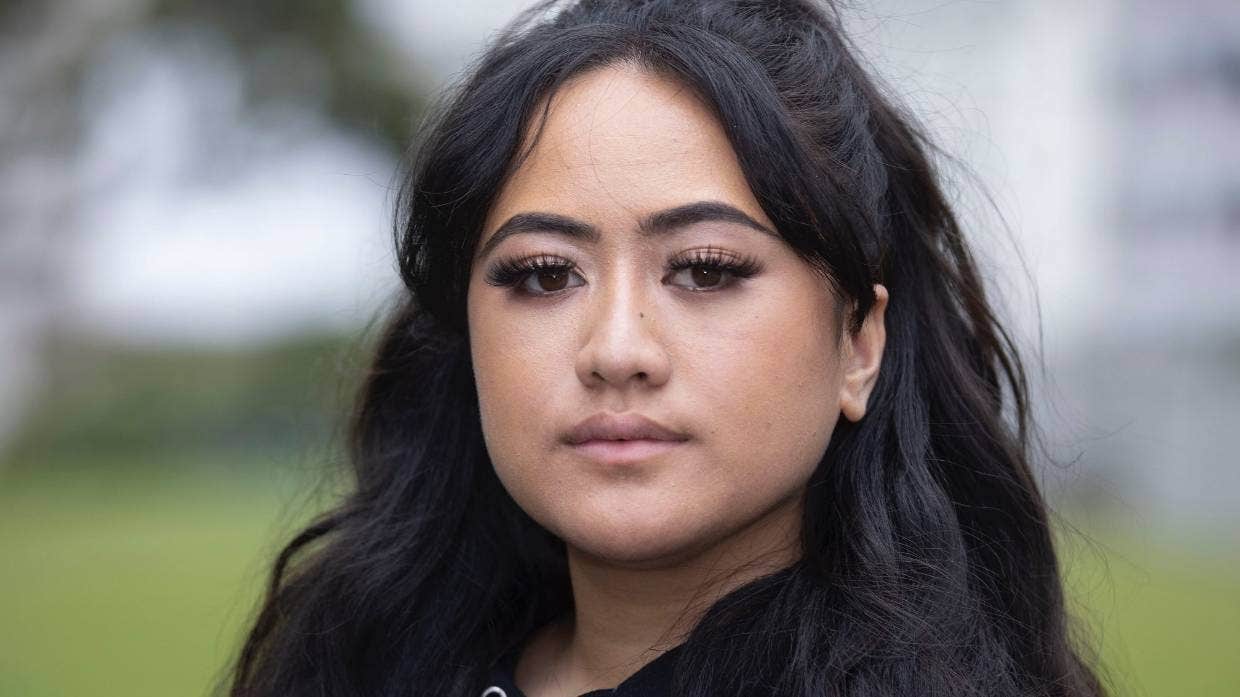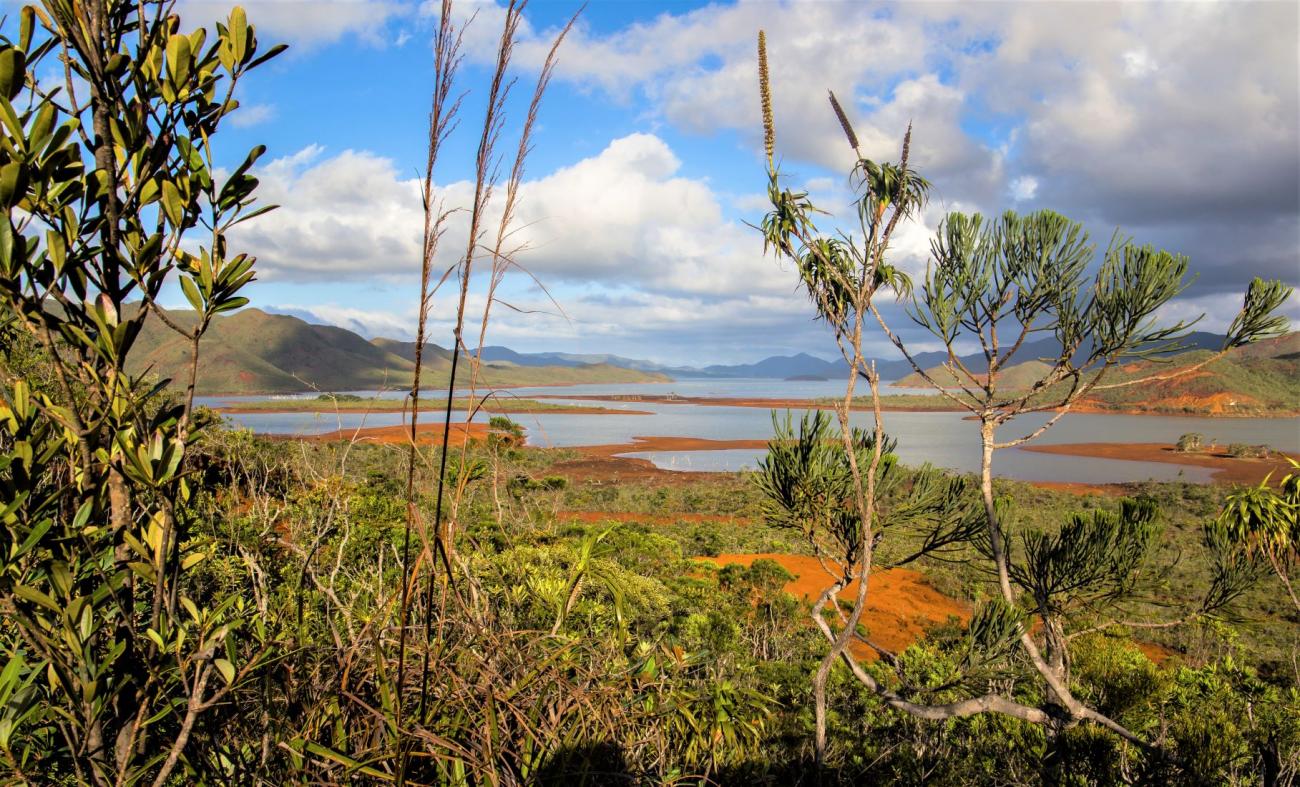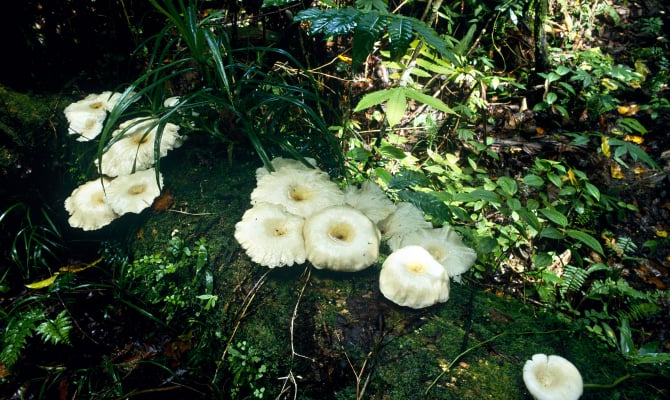With islands already being inundated, Pacific nations can be seen as some of the first victims of climate change and rising sea levels, as well as worthy and urgent beneficiaries of global attempts to achieve the United Nation’s internationally agreed Sustainable Development Goals (SDGs).
The SDGs were designed to create a more sustainable and equitable world. How we frame these conversations matters, says University of Canterbury (UC) Pacific expert and Director of the Macmillan Brown Centre for Pacific Studies at UC Professor Steven Ratuva.
Victims versus saviours is an enduring narrative, but one in need of revision, he believes.
“These are some of the issues behind the scenes that people don’t understand and it is our job as academics to critique the processes, not for the sake of it, but to make sure things change, and that people are much more aware of some of the shortcomings of the status quo.”
Online panel open to all
Professor Ratuva is leading a panel to explore issues that impact achieving the SDGs in the Pacific region on 24 June, as part of online Hui #3 of the Aotearoa New Zealand Sustainable Development Goals Summit Series 2020-2021. He is joined by Dr Joeli Veitayaki from the University of the South Pacific’s School of Marine Studies, Raihania Tipoki, activist and ocean ecology and sustainability expert, and Christine Nurminen, a Pacific leader on gender, diaspora and sustainable development.
The series culminates in a summit at UC on 02-03 September.
Born in Fiji, Professor Ratuva has spent over 20 years researching power, knowledge and how issues are framed by different groups. He is at the forefront of global interdisciplinary research on race relations, global security, social protection for vulnerable groups, climate change and affirmative action for minorities.
He would like to see the conversation shift from how New Zealand can help the Pacific Island nations achieve the SDGs to what we can learn from these nations’ past and the adaptability they bring to their current challenges.
“New Zealand can learn from what is happening in the Pacific in terms of how they have adapted to climate change and without fancy technology,” Professor Ratuva says.
The dynamics of power
However, the dynamic needs to change. “Those in positions of power are still thinking in very negative terms, in terms of deficit, and they frame the crisis in the Pacific in relation to vulnerability. It gives them a lot of power when you frame someone as being inadequate – as dying, as someone to be saved, a victim – they don’t have any humanity, they don’t have any power,” he says.
“My take is very different, that the Pacific people have been existing there for thousands of years, and people want to learn from that experience.”
Professor Ratuva challenges how development dollars are distributed, why governments might be tempted to tick boxes rather than achieve meaningful change, and how people at the grassroots might see sustainability differently to their leaders.
“The SDGs cover almost everything, which is great, but I think the issue is the way it’s framed. An economist will see ‘equality’ differently to say a sociologist, or a corporate CEO may frame equality differently to a fisherman or fisherwoman, or to government officials who want to tick the equity box according to statistics.
“Statistics are instructive, but from the point of view of the poor, the landless, and the youth on the street, equity is seen very differently, because it’s not only stats, it’s their life, their identity.”
The hui is focused on “working together for change” by bringing together experts from academia, community organisations, business and government agencies to investigate opportunities for action across different sectors.
The 2020-2021 Aotearoa New Zealand Sustainable Development Goals Summit series is co-hosted by UC and Lincoln University, with mana whenua Ngāi Tuahuriri, in partnership with the Christchurch City Council and Ara Institute of Canterbury, supported by Tourism New Zealand, Te Pokai Tara | Universities New Zealand, ChristchurchNZ, and New Zealand National Commission for UNESCO.
The feature was published at University of Canterbury on 15 June 2021, reposted via PACNEWS.




